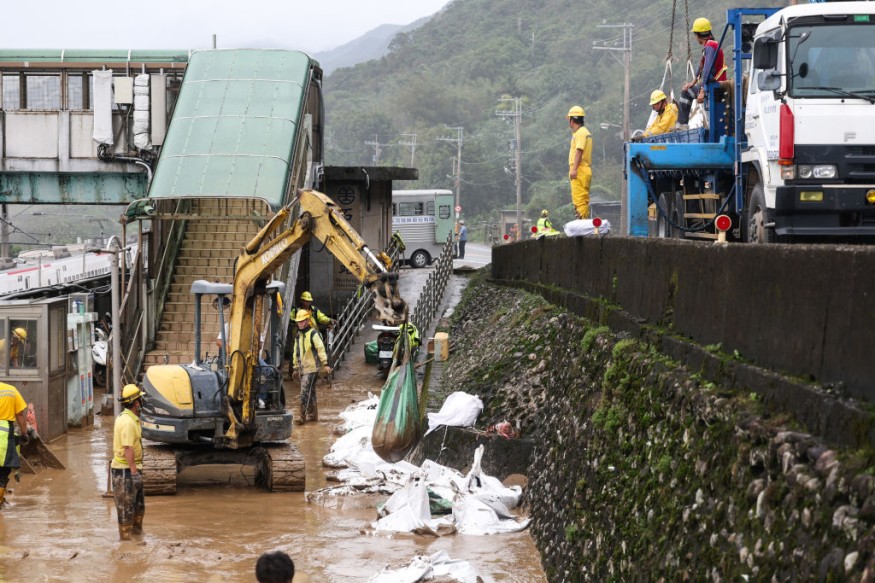
The climate crisis is severely disrupting Earth's water cycle, triggering extreme weather events that have claimed thousands of lives and affected billions globally.
The 2024 Global Water Monitor Report highlights the devastating impact of rising temperatures on water systems, revealing a year of record-breaking heat and catastrophic water-related disasters.
Hottest Year on Record: Floods, Droughts, and $550 Billion in Damage
In 2024, global heating intensified, making it the hottest year on record. This extreme heat altered how water moves through the planet, leading to ferocious floods, prolonged droughts, and other disasters.
According to The Guardian, the report estimates that water-related events caused over 8,700 deaths, displaced 40 million people, and inflicted $550 billion in economic losses.
Rising temperatures fueled more intense rainfall, devastating floods, and prolonged dry spells. Warmer air retained more water vapor, resulting in heavier downpours, while warmer oceans supercharged hurricanes and typhoons. Simultaneously, increased evaporation and shifting rainfall patterns exacerbated drought conditions.
Several regions faced severe flooding. In southern China, heavy rains swelled the Yangtze and Pearl rivers from May to July, displacing tens of thousands and causing crop damages worth hundreds of millions of dollars.
In August, monsoon-induced floods in Bangladesh affected nearly six million people and destroyed a million tons of rice. Spain, in October, experienced over 500 mm of rain in just eight hours, leading to deadly flash floods.
Experts Warn of Severe Climate Extremes in 2025
Super Typhoon Yagi and Storm Boris, intensified by warmer seas, wreaked havoc across Southeast Asia and Europe in September, leaving behind a trail of destruction. Brazil's Porto Alegre saw two months' worth of rain in three days, transforming streets into rivers and resulting in dozens of fatalities.
While some regions drowned, others were parched by relentless droughts. Southern Africa faced a severe drought that halved maize production, leaving 30 million people in food insecurity. Hydropower output plummeted, leading to widespread blackouts.
The Amazon Basin, another victim of drought, saw record-low river levels, disrupted transportation, and massive wildfires that scorched 52,000 square kilometers in September alone, PhysOrg said.
The report warns of worsening extremes in 2025 as carbon emissions continue to rise. Researchers emphasize the urgent need for stronger flood defenses, drought-resilient agriculture, improved water systems, and early warning measures to mitigate the impact of these disasters.
As water systems face unprecedented challenges, the report underscores the critical need to act. Water, the essence of life, has become a double-edged sword — bringing both life and destruction in the face of the ongoing climate crisis.
© 2025 NatureWorldNews.com All rights reserved. Do not reproduce without permission.





